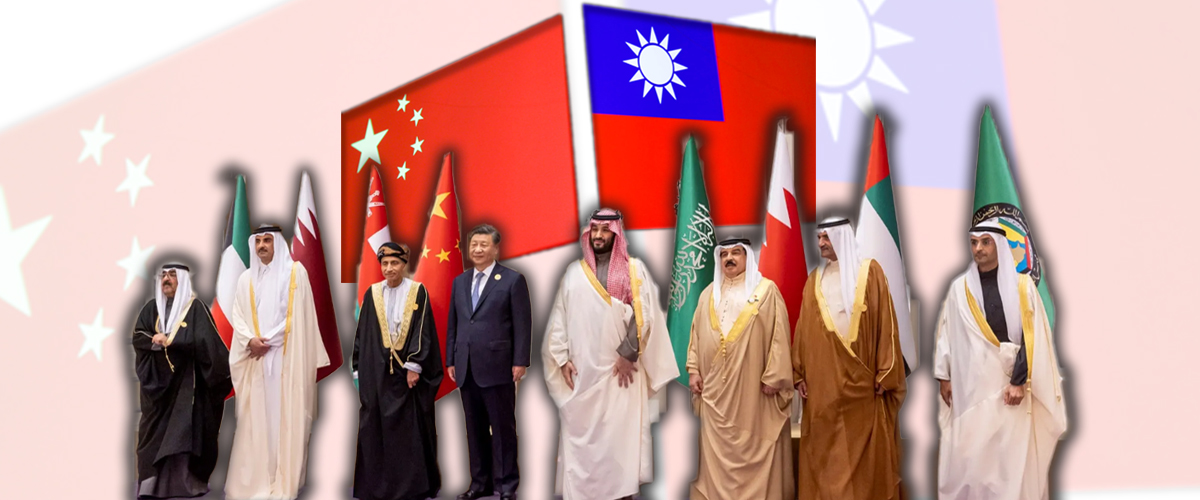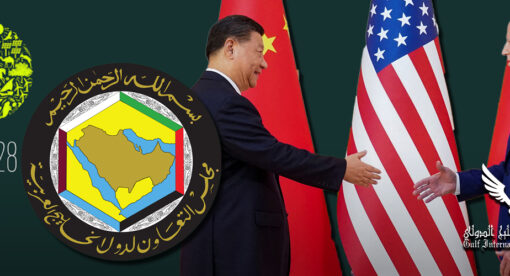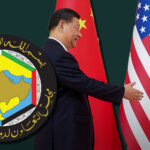China’s growing trade and improving ties with the GCC states give it greater flexibility in the Gulf region—and new tools to achieve its objectives related to Taiwan.
As tensions between China and the United States mount over Taiwan, Beijing has been actively ramping up its economic and diplomatic engagement in the Gulf region. After Taiwanese President Tsai Ing-wen visited California to meet with U.S. House Speaker Kevin McCarthy on April 5, China engaged in a series of military drills around the island, and Beijing issued a series of heated statements condemning what it characterized as American interference in its internal affairs. At the same time, China has signed a slew of economic and energy deals with the Gulf states in recent months, while also seeking deeper involvement in regional diplomatic mediation efforts.
At first glance, these two developments, taking place halfway around the world from one another, appear unrelated and coincidental. When viewed through the lens of Beijing’s foreign policy, however, it is possible to see how China’s cultivation of good relations with the Gulf states could aid it in its future plan to “reunify” with what it regards as a rebellious province. The Gulf states, with their strong economic ties with both China and Taiwan and increasing openness to Beijing’s diplomatic mediation efforts, may prove pivotal in shaping the trajectory of China’s approach when it comes to Taiwan in the future.
Read more in Gulf International Forum.











